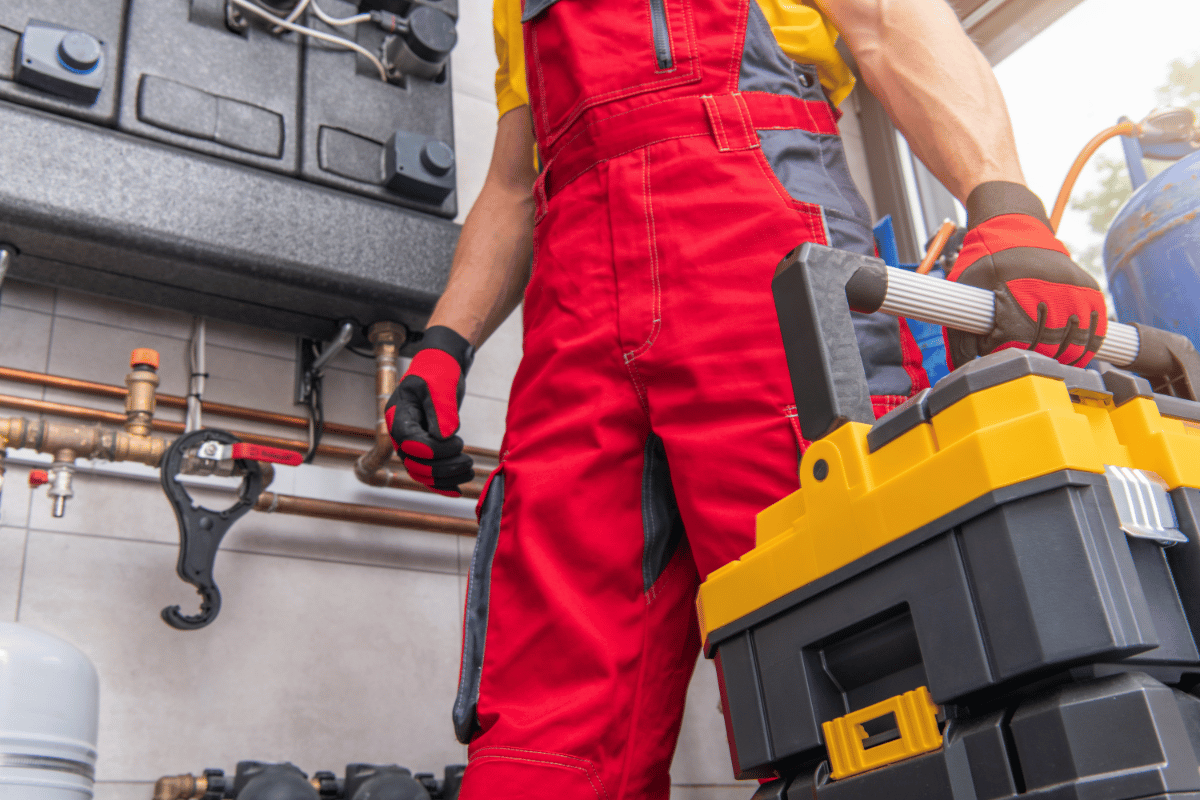What is the Importance of Proper Training for HVAC Technicians?
Proper training is a cornerstone of effective HVAC (Heating, Ventilation, and Air Conditioning) service and installation. HVAC technicians are responsible for ensuring that systems function properly in homes, businesses, and industrial settings. As technology evolves, the importance of updated and comprehensive training becomes more paramount. When technicians are well-equipped with the necessary skills and knowledge, they not only enhance their own career prospects but also significantly contribute to energy efficiency and safety in the systems they manage.
The Growing Complexity of HVAC Systems
Today’s HVAC systems are more advanced than ever, integrating sophisticated controls, energy-efficient components, and innovative technologies. Training that covers these developments is crucial for technicians looking to stay competitive.
With many systems now reliant on smart technology, technicians need an understanding of both mechanical and electrical components. This knowledge enables them to diagnose issues accurately and implement effective solutions quickly, leading to a Profitable HVAC Business.
Moreover, as government regulations and environmental standards become stricter, the role of HVAC technicians expands from simple installations to compliance with complex codes and norms. Remaining abreast of these changes is essential for technicians in the field to remain competitive and competent.
Safety in the Workplace
One of the most critical aspects of HVAC training is safety. HVAC systems often operate with hazardous materials, including refrigerants that can be harmful if mishandled. Adequate training prepares technicians to handle these materials correctly and understand their safe disposal methods. \n In addition, proper training includes education on the risks associated with electricity, gas lines, and high-pressure systems.
Technicians certified in safety protocols are less likely to experience workplace accidents, protecting not only themselves but also their colleagues and customers. Statistically, companies with rigorous training programs can see a reduction in on-the-job injuries, resulting in decreased insurance costs and improved operational efficiency.
Improving Energy Efficiency
Energy efficiency is a hot topic in today’s world, with rising utility costs and environmental concerns at the forefront of public discourse. Proper HVAC training equips technicians with knowledge on optimizing system performance to meet energy efficiency standards. An HVAC technician trained in modern efficiency practices can identify opportunities for energy-saving upgrades and adjustments. For instance, awareness of proper duct insulation techniques and system sizing can drastically cut down energy waste.
In fact, according to the U.S. Department of Energy, improper installations can decrease HVAC efficiency by up to 30%, leading to higher bills and unnecessary environmental impact. With comprehensive training programs, technicians armed with the expertise to conduct regular maintenance and fine-tuning will lower energy consumption, benefiting both the environment and homeowner budgets.
Customer Satisfaction and Trust
Technicians who undergo rigorous training also tend to provide superior service, which translates directly to customer satisfaction. Clients who feel their HVAC issues are handled by highly skilled professionals are more likely to engage in repeat business and recommend services to others. It can often mean the difference between a one-time service call and establishing a long-term service relationship.
Additionally, trained technicians can convey complex information to clients in understandable terms, guiding them to make informed decisions about their HVAC systems. This capacity to communicate effectively enhances trust and fosters a positive customer experience. Consequently, businesses benefit from strong reputations built on excellent service, often leading to increased referrals and revenue.
Continuing Education and Adaptability
The HVAC industry does not stand still. Technicians must commit to continuing education to keep pace with technological advancements, regulatory changes, and emerging trends. Updated Metal Duct Design training and other specialized programs are vital for keeping up with the changing industry standards. Continued knowledge updates and calibrations along with ongoing training opportunities that often include workshops, webinars, and certifications are also essential in ensuring the practices remain up-to-date and relevant.
Educated technicians are adaptable; they can transition into fields such as renewable energy systems or smart home technologies, broadening their skill set and job security. Investing in professional development reinforces a culture of excellence within HVAC companies. Departments that champion continuous training often report higher employee retention rates, fostering a knowledgeable and loyal workforce.
The Impact of Technology on Training
Technology plays a critical role in modern HVAC training programs. With the rise of virtual reality (VR) and augmented reality (AR), technicians can now engage in simulated training environments. These technologies provide hands-on practice without the risks associated with working on real systems. For example, trainees can visualize components’ inner workings, enhancing their understanding of complex systems.
Moreover, e-learning platforms make it accessible to integrate learning modules directly into technicians’ schedules. Technicians can enhance their skills amidst their busy work life, ensuring that everyone can maintain and expand their knowledge base. As the HVAC sector grows more complex, leveraging these technological advances ensures that technicians are better prepared for the challenges ahead.
Regulatory Compliance
Regulatory compliance cannot be overstated in the HVAC field. Training programs that focus on applicable codes and standards result in technicians who are well-versed in local, state, and federal regulations. This knowledge is invaluable for employers as non-compliance can lead to costly penalties and legal liabilities.
Regulatory training covers inspection processes, emissions standards, and operational safety requirements that HVAC professionals must adhere to in their day-to-day operations. Understanding these aspects not only helps streamline the business but also builds credibility with clients seeking reliable and professional service.
Career Advancement Opportunities
For HVAC technicians, proper training opens the door to numerous career advancement opportunities. With specialized certifications and ongoing education, technicians can diversify their skills, moving into roles that involve system design, project management, or HVAC education and training. Many employers favor candidates with a robust training background.
Technicians with certifications tend to demonstrate commitment and proficiency in their field, making them more appealing than their less-trained counterparts. Ultimately, investing in professional development not only benefits employees but also directly helps businesses by creating a more competent workforce capable of tackling complex projects effectively.
Proper training for HVAC technicians encompasses numerous aspects, including safety, efficiency, customer satisfaction, and career growth. As the HVAC landscape evolves, so too must the skills and knowledge of the technicians who operate within it. Through advanced and ongoing training programs, technicians can stay ahead of the curve, ensuring their relevance and effectiveness in the field.







